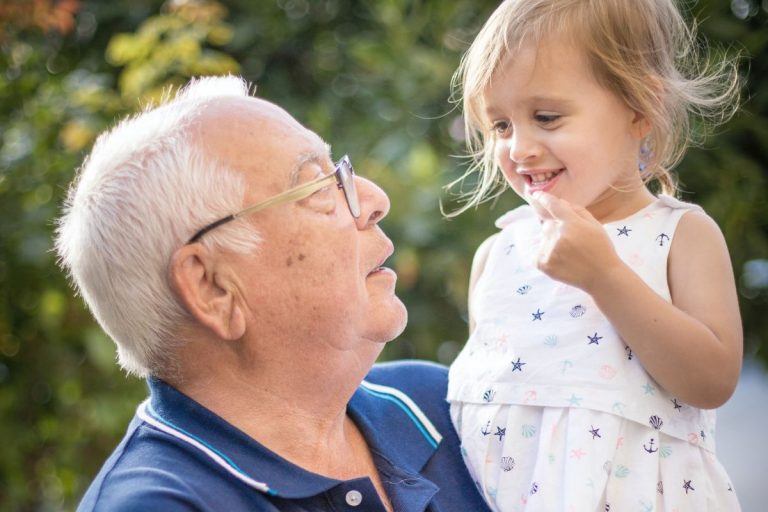Overview
Who It's For
Family Counselling is suitable for all family members including children, young people and adults. We work with all types of family units, including members of immediate families, blended and extended families, and caregivers.
How We Help
Family Counselling can help family members of all ages better understand and relate to each other, restore trust and improve communication.
What to Expect
An experienced Counsellor will meet with you and your family, sometimes together, sometimes separately. Our appointments are available face-to-face or online, and last between 60 and 90 minutes. Your counsellor will work with you to determine how many sessions you need.
Most families struggle from time to time with:
All families experience challenges sometimes. Our experienced counsellors will work with you to determine a customised approach for your unique situation.
We can support you to:

“The best thing was having a great counsellor who was able to help us navigate the difficulties we were facing as a family, and allow us to listen to each other and feel heard. They were consistent and dedicated to helping us understand our different needs, to find a way forward together.”
- Counselling client








